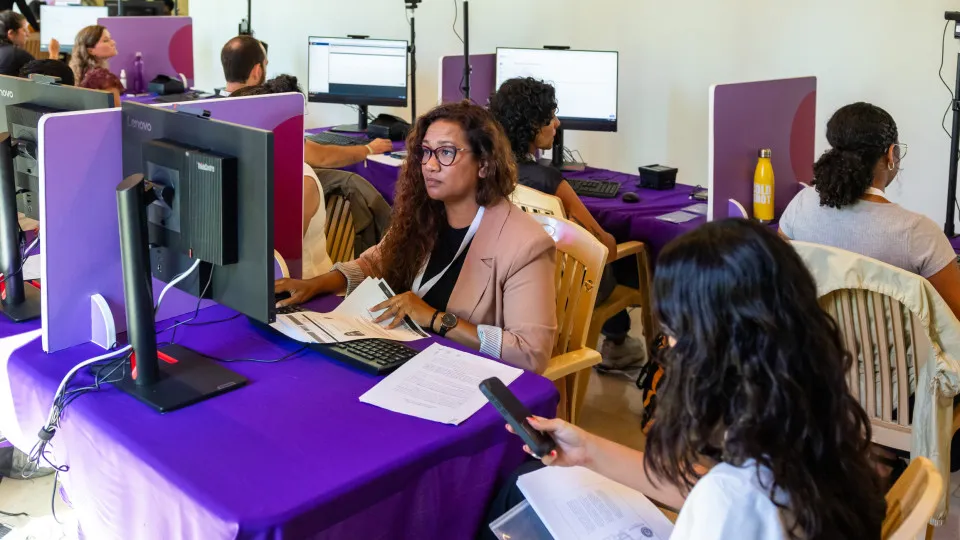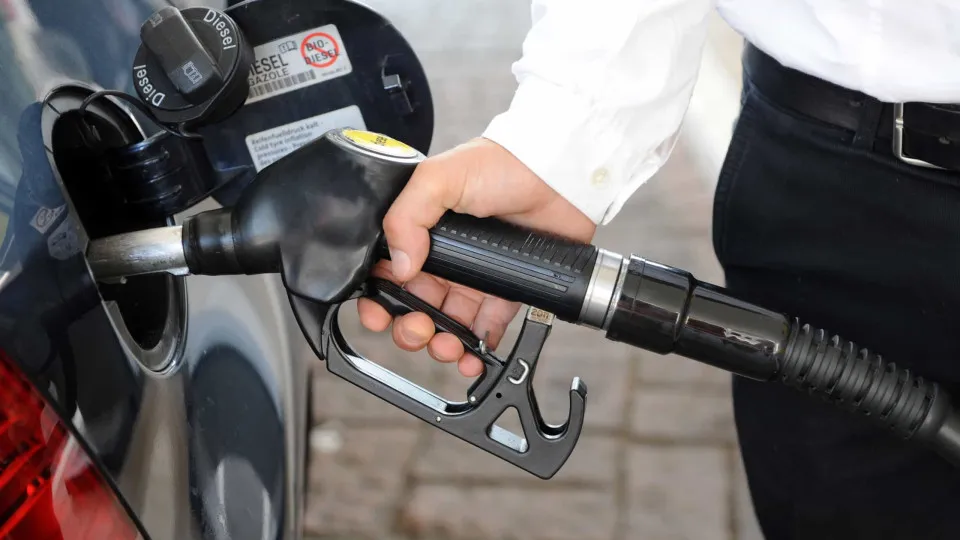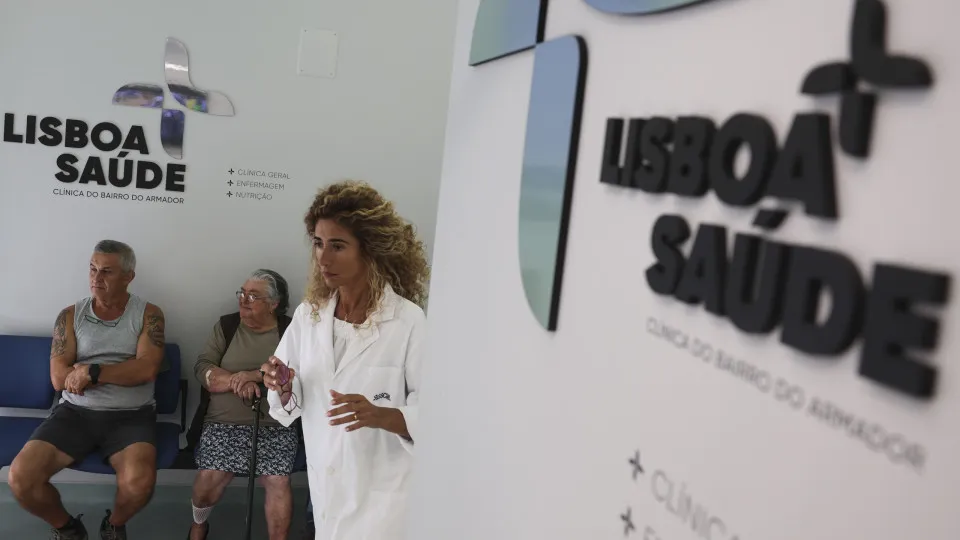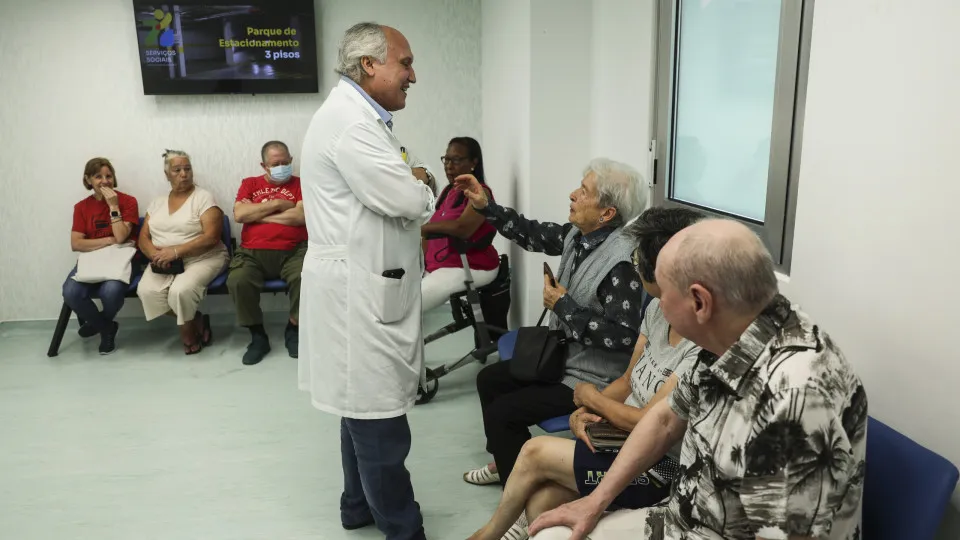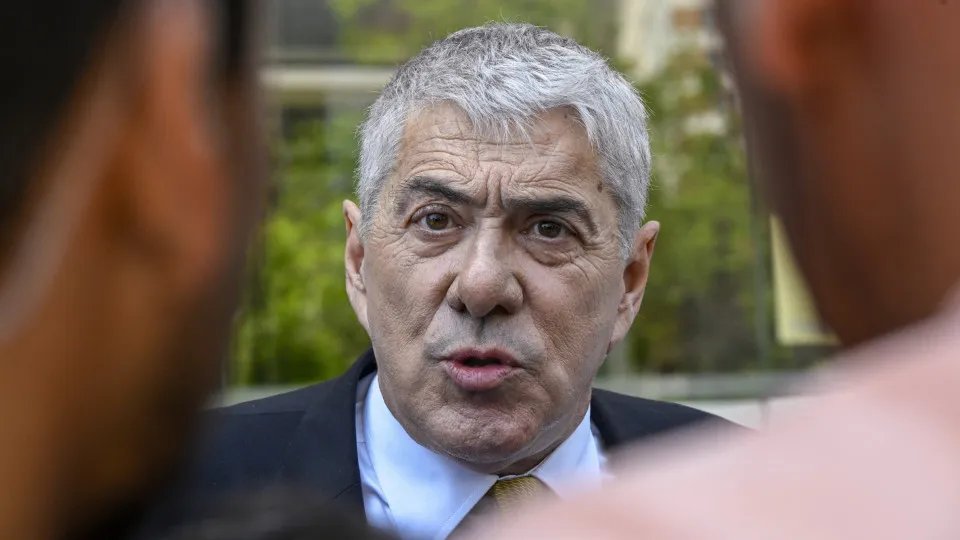
“I did not line my pockets. Do not confuse my pockets, because many times we judge others by our own standards,” the former official said heatedly when questioned by prosecutor Rómulo Mateus about the South American country’s public programs for house construction. This comment prompted a warning from the president of the panel of judges presiding over the Operation Marquês trial.
Earlier, Susana Seca had prevented the Public Prosecutor’s magistrate from asking about the suspicious transfers, reminding them it was agreed to address this in a later stage of the interrogation of the head of government from 2005 to 2011.
On the morning of the seventh day of testimony, dedicated to clarifications about Lena, José Sócrates reiterated, when confronted with several emails between third parties, that he neither followed nor had any intervention in choosing the group for constructing thousands of social housing units in Venezuela.
“What I see here is the diligent behavior of a government that had economic diplomacy as a political line,” he argued, adding that there was no favoritism shown to the Lena group.
José Sócrates countered by stating that the “major project he was associated with” was the Magalhães computer, in which he acknowledged having an involvement and dealing with the then Venezuelan president Hugo Chávez.
The former prime minister, aged 67, is charged with 22 crimes, including three counts of corruption for allegedly receiving money to benefit the Lena group, the Espírito Santo Group (GES), and the Vale do Lobo development in Algarve in separate dossiers.
In total, the case involves 21 defendants, who generally deny committing the 117 economic-financial crimes with which they are collectively charged.
The trial has been ongoing since July 3 at the Central Criminal Court of Lisbon.

